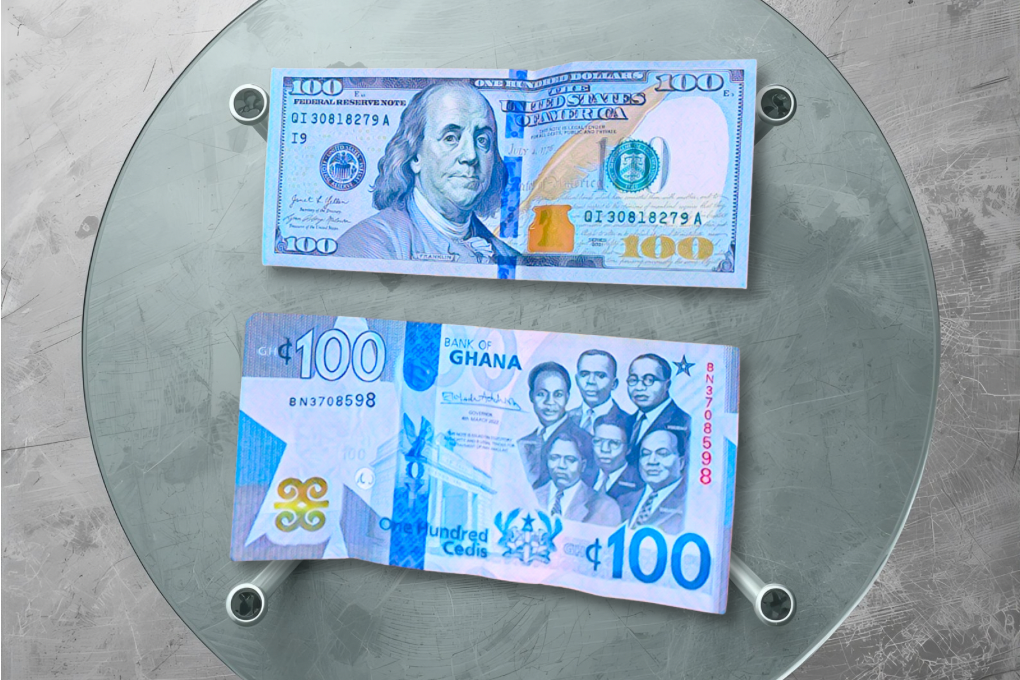KEY POINTS
-
Cedi regains strength with 37 percent year-to-date appreciation.
-
Tighter restrictions and policy changes make forex more liquid.
-
One of the biggest weekly improvements in a long time.
The Ghanaian cedi has rebounded from much of its earlier decline, extending a strong rally that has seen it gain sharply against the U.S. dollar since early October 2025.
Data from Bloomberg News and the World Bank show that while the cedi lost about 14 percent of its value in the third quarter, its recent rebound has erased those losses. Commercial bank data now place its year-to-date appreciation at 37 percent, suggesting a 16 percent gain in just the first two weeks of October.
Within a single week October 13 to 17 the cedi rose by an impressive 9.5 percent, one of the steepest weekly appreciations in recent memory.
Cedi regains strength amid policy reforms
Market sources said that the Bank of Ghana has slowed direct dollar interventions even as foreign exchange liquidity remains strong. Some banks attribute the cedi’s rally to recent monetary and forex policy shifts, including the central bank’s move from weekly dollar auctions to spot sales for commercial banks.
According to John Awuah, CEO of the Ghana Association of Banks, the cedi’s rebound reflects “recent market developments,” driven by revisions to the Net Open Position (NOP) framework and stronger enforcement of FX regulations.
Analysts say the rally is also supported by rising export revenues, tight fiscal policies, and improved investor confidence, factors that could sustain the currency’s gains.
Market rates reflect sustained appreciation of Cedi
As of mid-October, commercial banks were quoting the dollar between GH¢10.70 and GH¢10.85 on the interbank market, with retail transactions going for around GH¢10.95. At forex bureaus, rates hovered between GH¢12.00 and GH¢12.40 per dollar.
Furthermore, the gains reflect the central bank’s new FX intermediation strategy under its Domestic Gold Purchase Programme, through which it is selling up to $1.15 billion on a spot basis in October.
Governor Johnson Asiama said the goal is to stabilize the exchange rate, improve transparency, and enhance liquidity in Ghana’s forex market.




